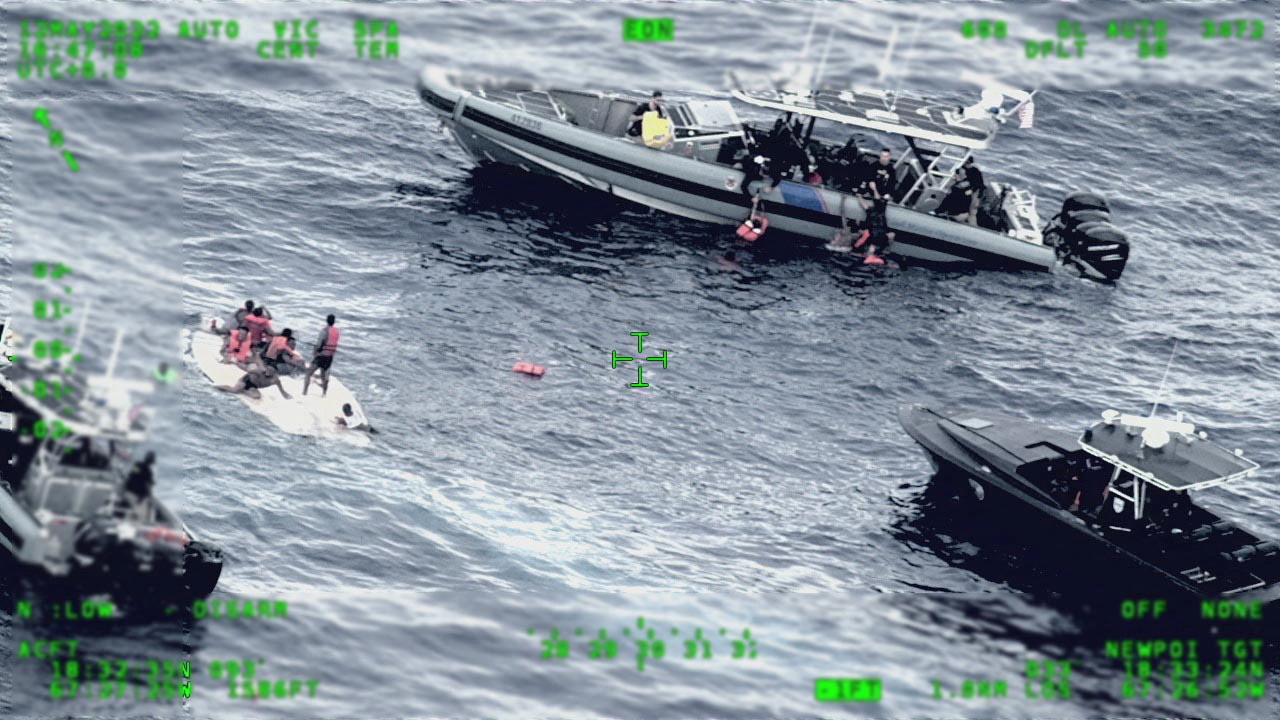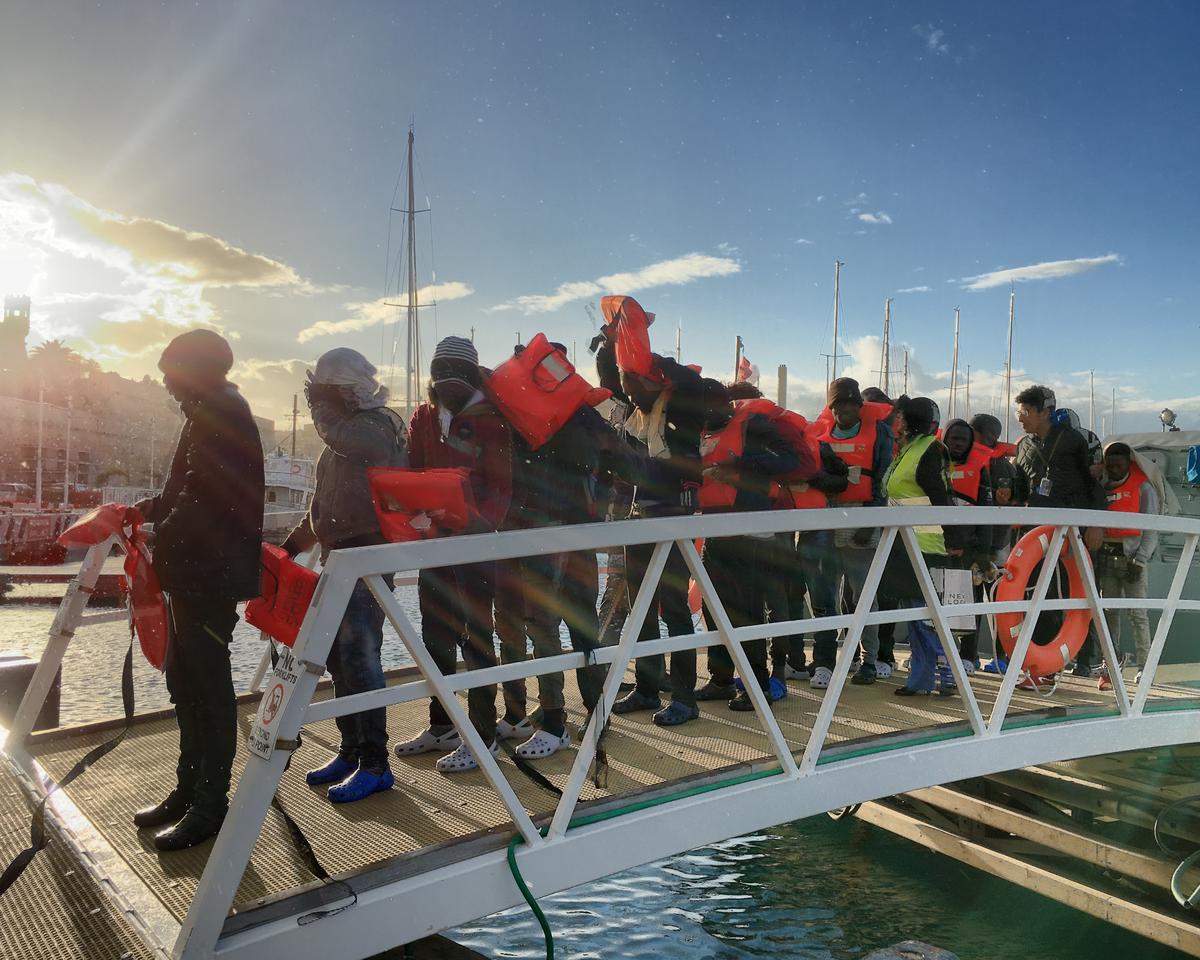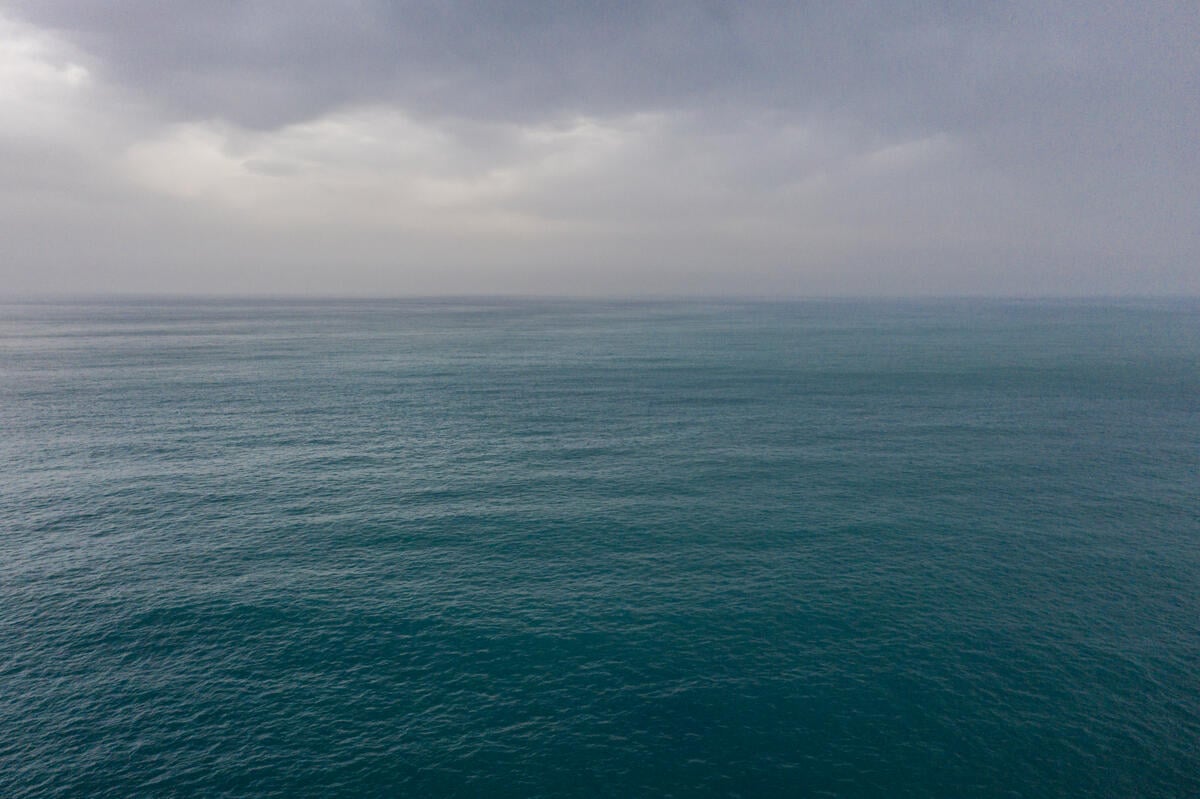IMO and UNHCR urge action to prevent rising death toll at sea
IMO and UNHCR urge action to prevent rising death toll at sea

GENEVA, July 3 (UNHCR) - Amid a rising number of deaths among boatpeople making dangerous voyages across the Mediterranean Sea, the Gulf of Aden and other stretches of water, the UN refugee agency and the International Maritime Organization (IMO) are calling for more action to prevent this humanitarian tragedy.
"There's a very mixed flow of people - refugees and asylum seekers fleeing violence and persecution, as well as migrants seeking a better life - risking their lives on unseaworthy vessels often operated by ruthless smuggling rings who care nothing for human life," said Erika Feller, UNHCR's top protection official.
Recently, IMO and UNHCR met in London to discuss the latest trends in irregular maritime migration, the risk to lives, search and rescue obligations, including issues surrounding disembarkation.
Feller, UNHCR's Assistant High Commissioner for Protection, was in Yemen recently, where refugees told her about the horrific voyages they had made crossing the Gulf of Aden from strife-ridden Somalia.
UNHCR has reported cases of people crossing from Somalia being brutally beaten and thrown overboard to the sharks as well as other appalling treatment. Since the start of this year, more than 5,600 people have landed on the Yemeni coast and at least 200 have died. Many remain missing.
And, as the European summer gets into full swing, there is again a string of cases of people travelling in small craft - from or through Africa - across the Mediterranean or stretches of the Atlantic and running into trouble, requiring search and rescue operations to be launched. Dozens have died and more are missing.
"Finding people clinging to fishing pens, having been dumped in the water by unknown boats at midnight is not a one-off occurrence nor, unfortunately, is the refusal by coast states to allow their disemarkation after rescue," Feller said.
Shipmasters often face difficulties when arriving in the nearest port and trying to disembark people they have rescued at sea, whether they are refugees, asylum seekers or undocumented migrants.
"These incidents cause serious concern in relation to the safety of life at sea which is IMO's primary objective," IMO Secretary-General Efthimios Mitropoulos said in a statement on Monday.
The UN refugee agency and the IMO said they intend to work more closely together and will hold a high level inter-agency meeting to forge closer co-operation with all agencies involved to find ways to help alleviate this humanitarian problem.
UNHCR is concerned about the situation as a certain number of those travelling irregularly may be refugees and asylum seekers, even if the majority of those undertaking the voyages are economic migrants.
Last year, UNHCR presented a Ten-Point Plan of Action on Refugee Protection and Mixed Migration that sets out a number of areas where it believes initiatives are called for and where the agency can contribute and offer some expertise.
Feller has stressed that UNHCR is not a migration agency and has no intention of being one. "To be crystal clear, many mixed movements have a small but needing-to-be-addressed refugee component, and UNHCR here has a mandate and expertise to offer states as they endeavour to put in place the appropriate response framework," she recently told a meeting of the UN Standing Committee.
On July 1 last year, amendments to the International Convention on the Safety of life at Sea and the International Convention on Search and Rescue (SAR) entered into force. The amendments are aimed at maintaining the integrity of the SAR services by ensuring that the obligation of the shipmaster to give help to people in distress is complemented by a corresponding obligation of states to cooperate in rescue situations, relieving the master of responsibility to care for survivors and allowing those rescued at sea to be delivered promptly to a place of safety.
UNHCR and IMO have published a leaflet - "Rescue at Sea: A guide to principles and practice as applied to migrants and refugees" - aimed as a quick reference guide for ship masters. The document "Selected Reference Materials: Rescue at Sea, Maritime Interception and Stowaways" is also available in Refworld.
IMO - the International Maritime Organization - is the United Nations specialized agency with responsibility for the safety and security of shipping and the prevention of marine pollution by ships.







